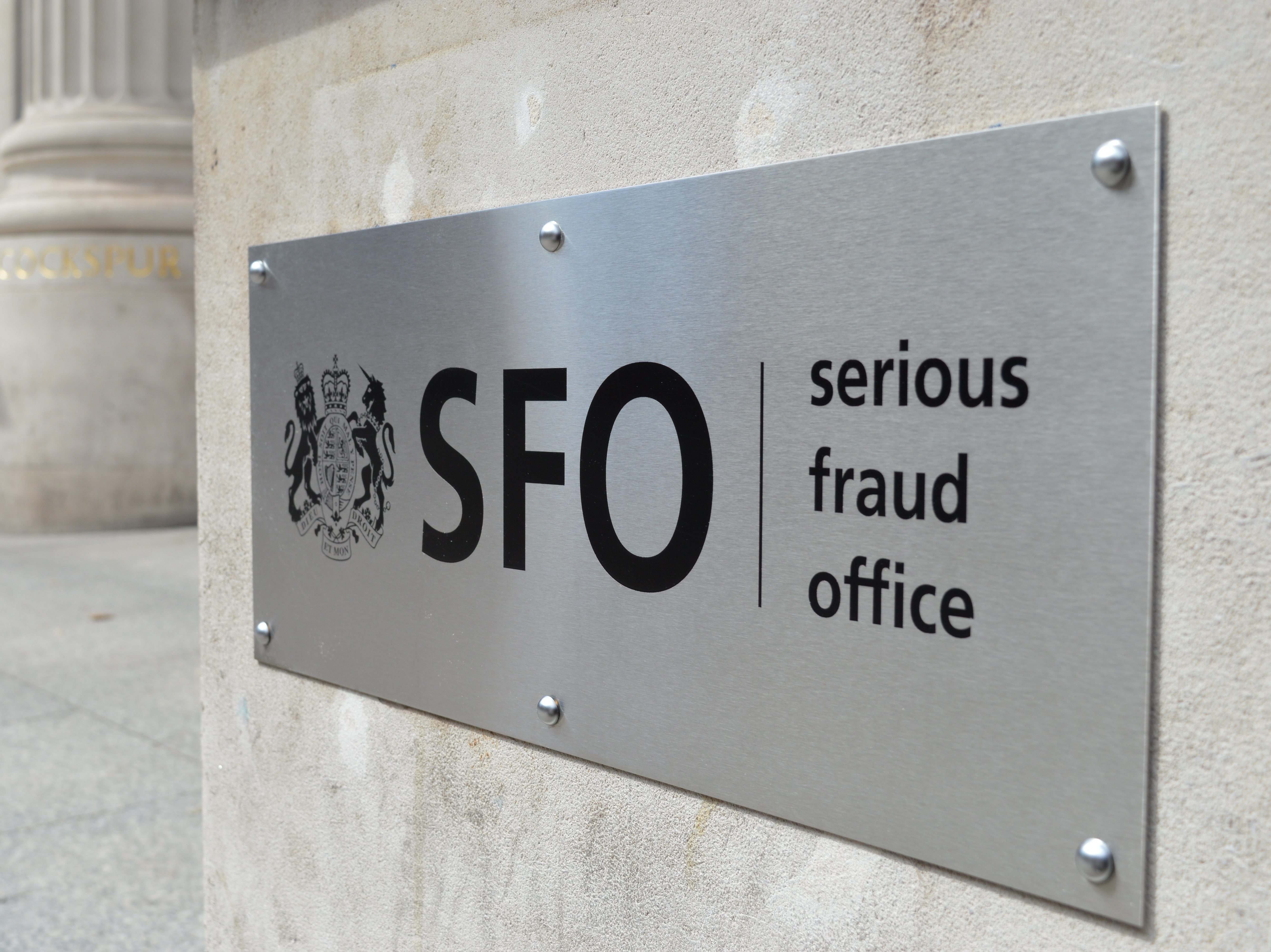The UK government has published guidance aimed at helping organisations prepare for the introduction of the new corporate criminal offence of ‘failure to prevent fraud’. Introduced last year as part of the Economic Crime and Corporate Transparency Act, the offence is intended to hold large organisations to account if they profit from fraud.
Under the offence, large organisations may be held criminally liable where an employee, agent, subsidiary, or other ‘associated person’, commits a fraud intending to benefit the organisation. This could include dishonest sales practices, the hiding of important information from consumers or investors, or dishonest practices in financial markets.
Failure to prevent fraud will come into force on 1 September 2025. Nick Ephgrave QPM, director of the Serious Fraud Office, said: “Corporate fraud significantly damages confidence in UK companies and ultimately costs the taxpayer. The publication of this guidance means that time is running short for corporations to get their house in order or face criminal investigation.”
In the event of prosecution, an organisation would have to demonstrate to the court that it had reasonable fraud prevention measures in place at the time that the fraud was committed. The offence is intended to encourage organisations to build an anti-fraud culture, in the same way that failure to prevent bribery legislation has helped reshape corporate culture since its introduction in 2010.
Jules Colborne-Baber, partner and head of forensic at Deloitte UK, said: “The ‘failure to prevent’ fraud legislation – alongside the change to the identification doctrine – marks the biggest changes to the law in this area for a generation. This could be a game-changer in tackling corporate fraud. For the new legislation to be a success, authorities must use their powers to enforce it.”
“The legislation will compel organisations to look at fraud from a new perspective. Most fraud prevention frameworks focus on risks to the organisation, but the new Act requires them to address fraud where they are the intended beneficiary, rather than the victim. This shift in focus means they must consider risks they might not have looked at before, and that should ultimately lead to better outcomes for consumers and the economy.”
Colborne-Baber added that although the new legislation is already on organisations’ radars, it is essential to drive home how important this is and how wide its impact could be. “Though it only applies directly to large organisations, many smaller entities will find themselves subject to it if they provide services to in-scope organisations and meet the definition of an ‘associated person’. Overseas subsidiaries and entities with a UK nexus can be in-scope too, and they must consider whether the legislation will affect them.”
Printed Copy:
Would you also like to receive CIR Magazine in print?
Data Use:
We will also send you our free daily email newsletters and other relevant communications, which you can opt out of at any time. Thank you.











YOU MIGHT ALSO LIKE